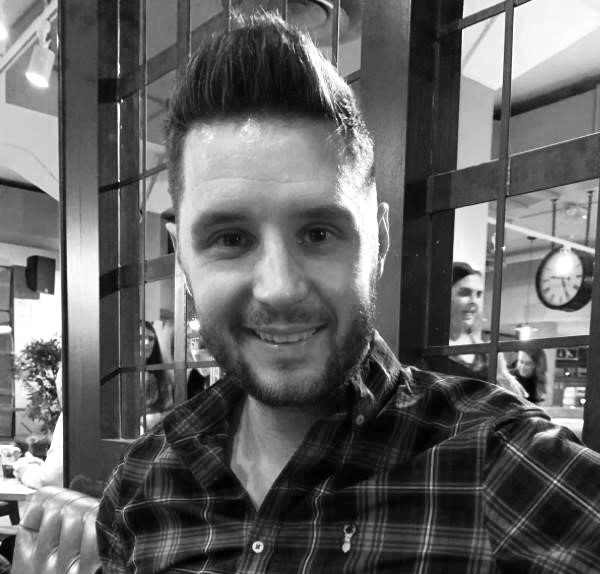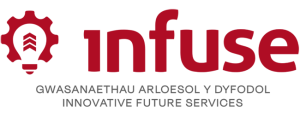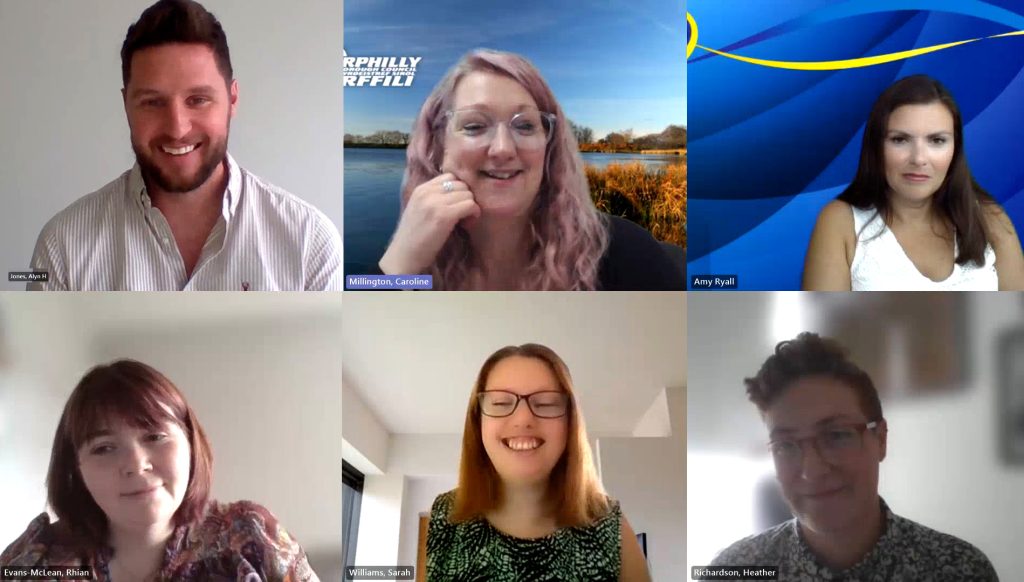
Infuse Case study: Collaboration is Key for Developing Decarbonisation Skills
Infuse Cohort: Three
Heather Richardson (Caerphilly County Borough Council)
Caroline Millington (Caerphilly County Borough Council)
Rhian Evans-Mclean (Caerphilly County Borough Council)
Amy Ryall (Bridgend County Borough Council)
Sarah Williams (Blaenau Gwent County Borough Council)
Alyn Jones (Monmouthshire County Council)
What was the overarching challenge?
The four councils represented in this group, like all Local Authorities across Wales, have tough Net Zero targets. These six Infuse associates identified skills as a major barrier to decarbonisation. Council staff often need to renew their skills and knowledge as they face new challenges, and we’ve seen associates explore different ways to tackle the need for skills relating to decarbonisation across all four Infuse cohorts. These have been both specific technical skills directly related to their jobs, and more generic knowledge around national and local targets and action plans.
Local residents are another piece of the puzzle. They need to understand the range of career paths in the decarbonised economy of the future, from retrofit to renewables. They also need to understand the part they can play through efficient use of energy in the home. Residents also need to come up to speed with local targets so that they can help their council to prioritise and build consent for big changes. Local Authorities can make a difference to all these through the training and community engagement they deliver.
“The biggest challenge of our time is climate change and if we are going to stop or mitigate the ongoing affects from getting worse everyone will need to come together and do their part to reduce their impact on the environment. All polling consistently shows the public want to see rapid action, to be supported to take their own action, and to feel the benefits of that action.
It has been widely recognised that Councils can play an important role in climate action as they work locally with partners and have influence over the key sectors of energy, housing, and transport.”
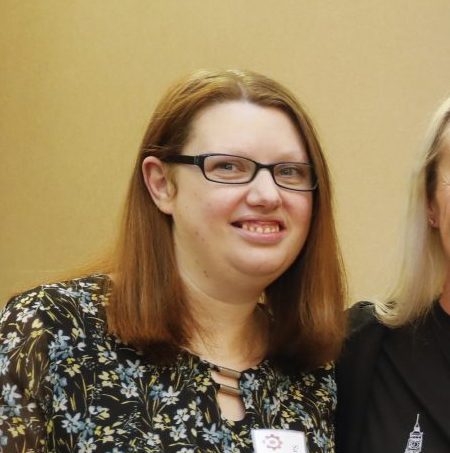
Sarah Williams
Blaenau Gwent County Borough CouncilWhich aspects of the challenge were addressed in the experiment (the research question/s)?
Some of the associates were interested in understanding the gaps in knowledge and skills among their local authority colleagues, as well as exploring how they could overcome them. Others were interested in their resident’s skills and knowledge, whether that be thinking about how to embed decarbonisation skills in basic skills training, adapting employability programmes so that they are ready for the decarbonisation of the economy or broader awareness-raising. Some of the associates wanted or needed to design their own training, while others wanted to make what was already available more accessible.
What was done to address the challenge?
This group has focused much of their early work on desk research and internal engagement. They needed to understand what was best practice elsewhere, what was already happening or had already been tried within their own organisations. This scoping work led to much more focused experiments.
They are now moving on to primary research, with surveys and focus groups planned to understand the users of their potential training offers more clearly. The group understands the need to do this whether they are exploring the interests and skills gaps of potential participants on their courses – or they are are trying to understand what might increase uptake of existing courses.
Having research carbon literacy training, Caroline is now moving onto working with prospective training clients to explore their needs. She understands that if her messages about energy efficiency in the home is going to be useful and engaging – as part of basic numeracy skills training – it has to be based on the interests and needs of her potential trainees.
Which aspects of Infuse were most helpful in addressing the challenge?
The aspects of Infuse which were most helpful were those which encouraged the team to slow down, seeing their issue in context and think deeply, rather than jumping into reactive solutions. There was strong use of hypotheses and data action stories in this group, for instance. Seeing the bigger picture also meant they could break down the enormous challenge into manageable steps.
Rhian felt that her team working in private sector housing could play a bigger role in encouraging retrofit among landlords and homeowners. She wrote the following Data Action Story:
“If only we knew the knowledge gaps and skills within private Sector Housing staff
We could invest, train, and develop the workforce in the correct areas
So that they can inform, advise and encourage retrofitting and decarbonisation within the Private Sector Housing market”

Rhian Lloyd Evans-Mclean
Caerphilly County Borough CouncilWriting a clear data action story helped Rhian to remain focused on the outcomes she was looking for. It also made her assumption – that a skills gap was to blame – explicit, so that she could think through other possible reasons such as the accessibility and availability of courses.
What were the main lessons from collaborative working?
While this group did not have a single experiment they were working on together, just common themes, collaboration was key to their success. They structured themselves instead around ‘collaboration in their learning’.This group was independent in how they structured and managed their collaboration, setting up their own group and deciding on the appropriate rhythm of meetings. They also set themselves targets for what they wanted to achieve together. Associates Alun and Heather set up the group independently wanting to keep the conversations they were having in Infuse sessions going in their own time as well as practising use of the Infuse tools. This self-motivation meant the collaboration worked for them in their experiments and cementing their learning.
They were also eager to reach out and help one another. Some had more knowledge of decarbonisation than others. Others had more experience in skills and training. The forum of the collaboration meetings gave the group the opportunity to share their knowledge and make helpful suggestions. Beyond this, innovation can be a difficult and stressful process. The group also supported one another when they faced roadblocks, with ideas to move things forward or just a kind word.
Caroline echoes this idea of a learning collaboration:
“My understanding of the topic of decarbonisation has developed as the project has developed. This is due to the skillset and knowledge help by several member of the project group. They have shared this information and supported me to learn more about decarbonisation, so that I can make more informed decisions as to where project is going (including the content of the planned training).”
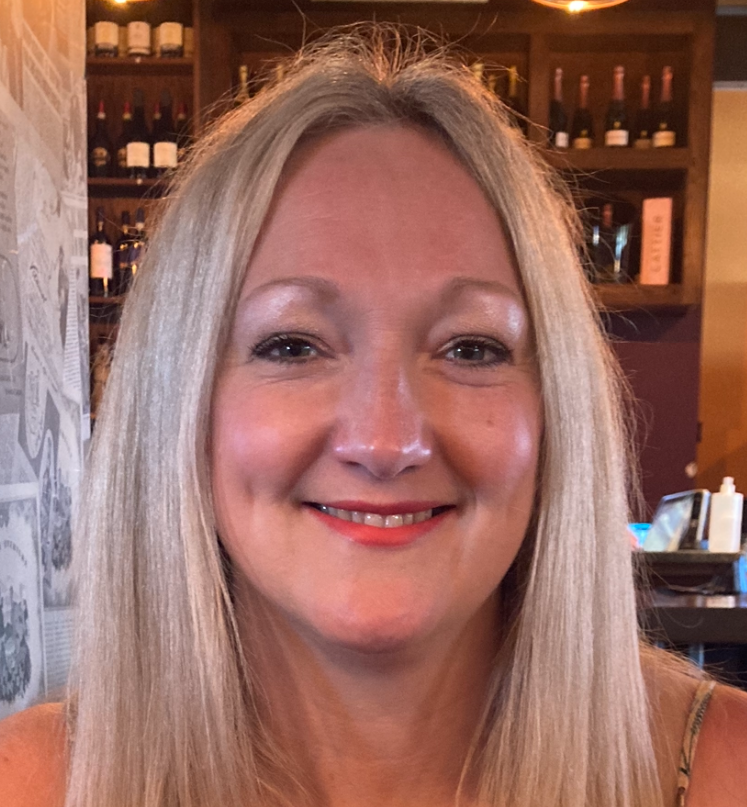
Caroline Millington
Caerphilly County Borough CouncilKey findings
As this group worked on separate experiments, each had different findings, but Heather had a finding which reflects something learned across the group. She wrote about her growing sense that green skills should be thought of in an inclusive and holistic way, not just as technical skills. This is reflected in the makeup of the group, covering highly technical skills related to building retrofit through to more general public awareness-raising.
“Through the research that I have carried out and conversations with internal stakeholders, my understanding of what a green skill can and should be has progressed to be more inclusive and focused on a holistic view of the organisation and all of the parts within it.
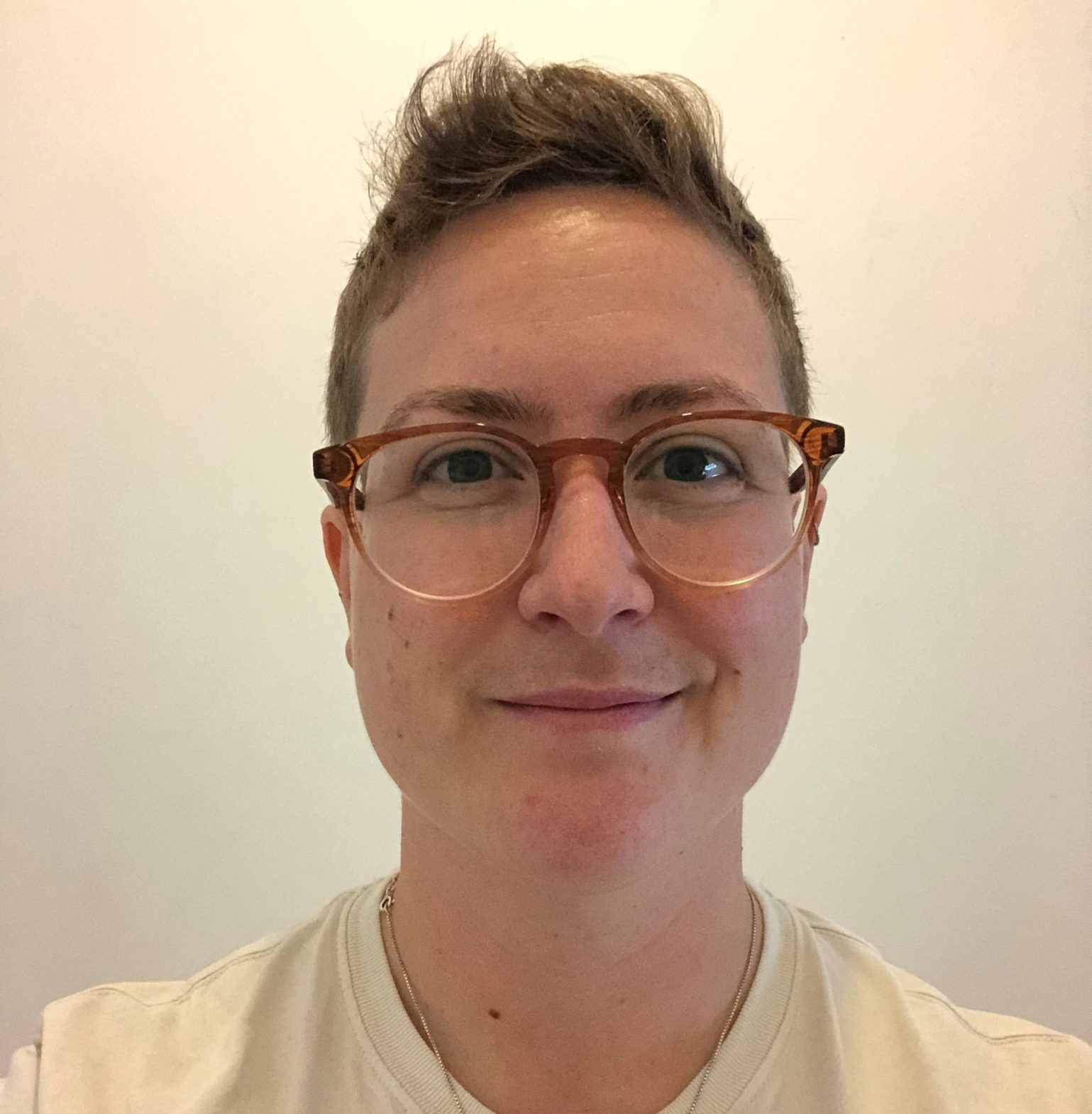
Heather Richardson
Caerphilly County Borough CouncilNext steps
The group have planned meetings for the rest of the year. They have appreciated having the space to talk about things they’re facing in work and want to keep that going. While their experiments have been different, they’ve used collaboration as a way of checking with others if they are applying Infuse tools and methods correctly. As the experiments move out of a nascent stage Alyn is anticipating they may talk about them more as they become Infuse alumni.
“Members of the group have said ‘I call this person or that person every day.’ Having that person there to talk things through with, having someone to bounce ideas off – it’s hard to quantify the value of that. Having the confidence to reach out to officers from different authorities, feeling comfortable doing that, is not something I think many of us had going into the programme. It’s now about using that confidence to expand our networks beyond the group, to get different perspectives and ideas from people.”
